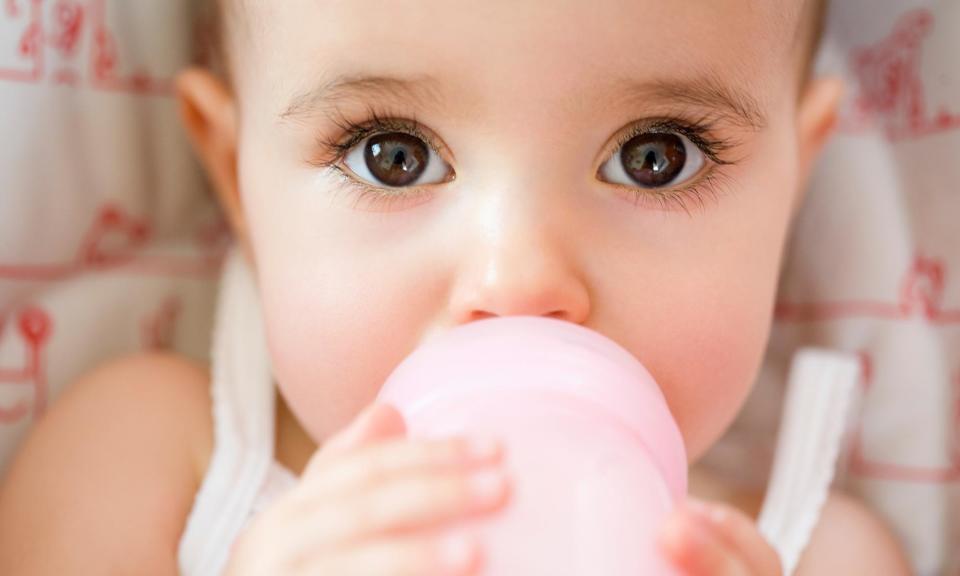UK infant formula at ‘historically high’ prices, says watchdog

The cost of infant milk remains at “historically high” levels despite some price falls in recent months, Britain’s competition watchdog has said, as it launched a full-scale investigation into baby and toddler formula.
The Competition and Markets Authority (CMA) found in November that the average price of infant formula had risen by 25% in the past two years and families could save more than £500 over the first year of a baby’s life by switching to cheaper powders. The findings were part of an analysis of pricing in 10 food categories, which also included milk and ready meals.
The watchdog said on Tuesday that it had decided to scrutinise formula makers through a market study, which will include “anti-reflux” and “comfort” formulas, follow-on formula for babies aged six to 12 months, and milks marketed for children over 12 months as “growing up” and “toddler” formula.
Sarah Cardell, the CMA chief executive, said: “Infant formula is a key part of the weekly shop for many parents across the UK, who rely on these products to ensure their baby gets all the essential nutrients they need.
“While it’s a positive sign that prices of some products have fallen since our update last November, the cost of infant milk remains at historically high levels. We’re concerned that parents don’t always have the right information to make informed choices and that suppliers may not have strong incentives to offer infant formula at competitive prices.”
After the CMA announced its findings before Christmas, Richard Walker, the boss of the Iceland supermarket chain, hit out at “exploitation” of new parents and joined calls for a price cap on baby formula.
Last month, the French manufacturer Danone reduced wholesale prices on the majority of its Aptamil range to UK retailers by 7%. Iceland passed on this saving, meaning it cut the price of an 800g Aptamil pack from £12 to £11.20.
Danone, which also owns the Cow & Gate brand, accounts for 71% of the baby formula market in the UK. Alongside the Swiss food maker Nestlé, it controls 85% of the market.
Danone had previously raised the price of an 800g pack of its Aptamil formula by 26% to about £14.50 between March 2021 and April 2023. The same size pack of Cow & Gate 1 rose by 31%, according to data compiled by the public health nutrition charity First Steps Nutrition Trust.
In November, the CMA found there was only one UK retailer, Aldi, that sold own-label formula, and that competition was hampered because parents were reluctant to switch brands, either because they were recommended by friends and family or because their baby would only drink one type.
The investigation will look at consumer behaviour and the information available to consumers; the role of the regulatory framework and its enforcement in influencing market outcomes; and barriers to entry and expansion of the formula market.
Potential action after the report, which is due to be published in September, includes recommendations to government – for example, on the regulations governing how infant formula is marketed, or on the information provided to parents to help them choose an infant formula brand.
The CMA does not have the power to introduce price caps on groceries. It has argued previously that in most categories, effective competition is sufficient to keep prices down.

 Yahoo Finance
Yahoo Finance 